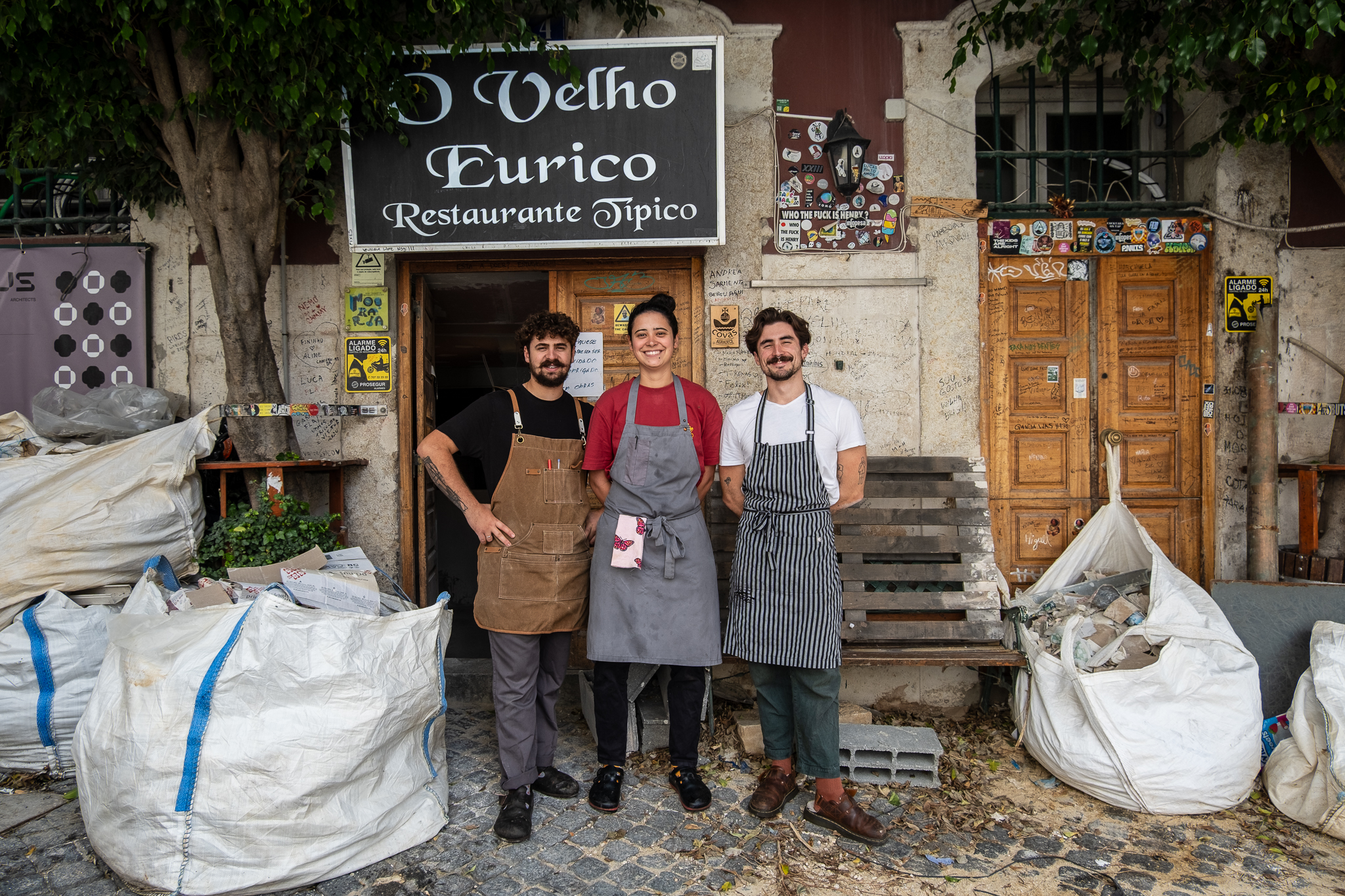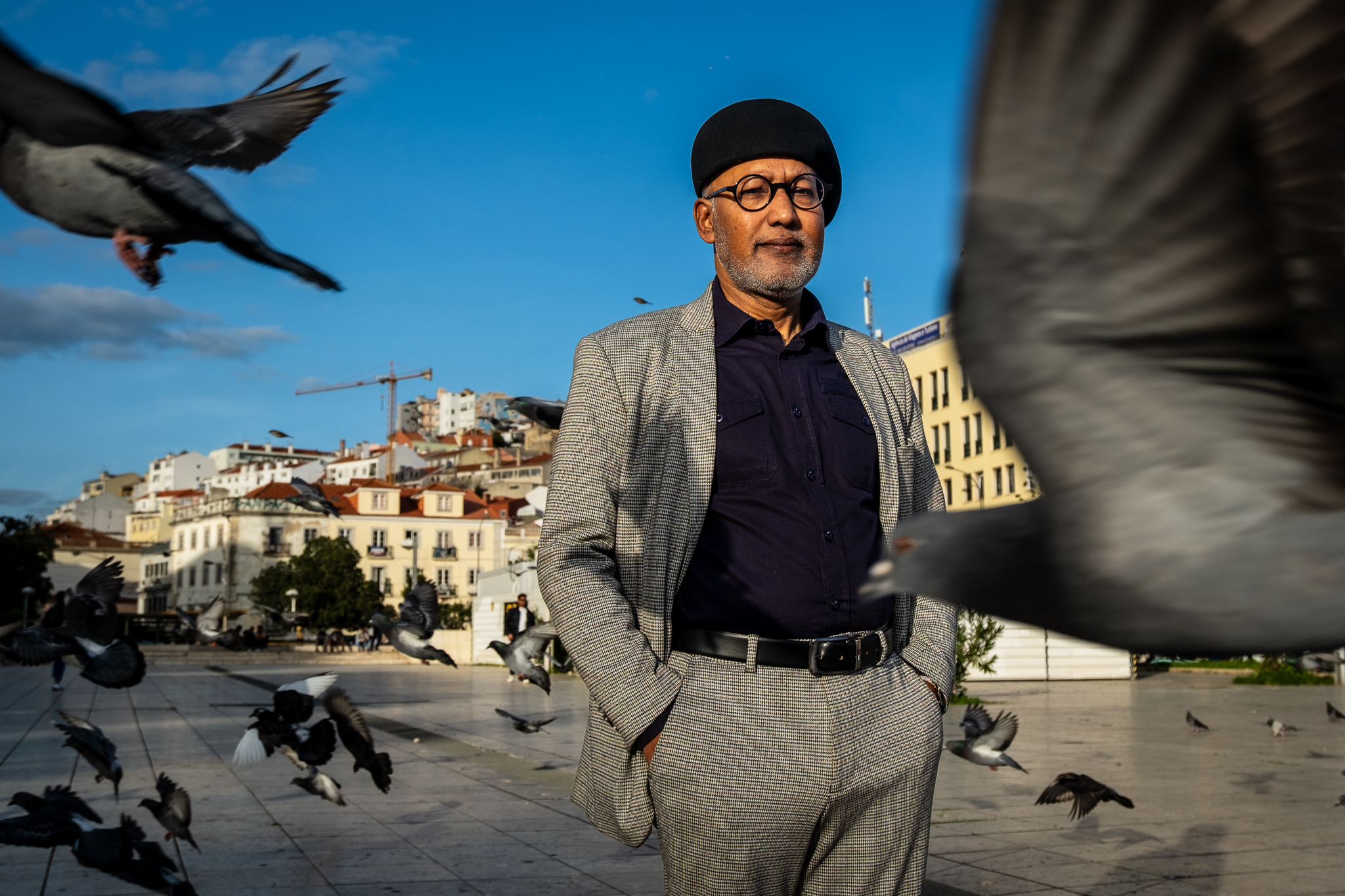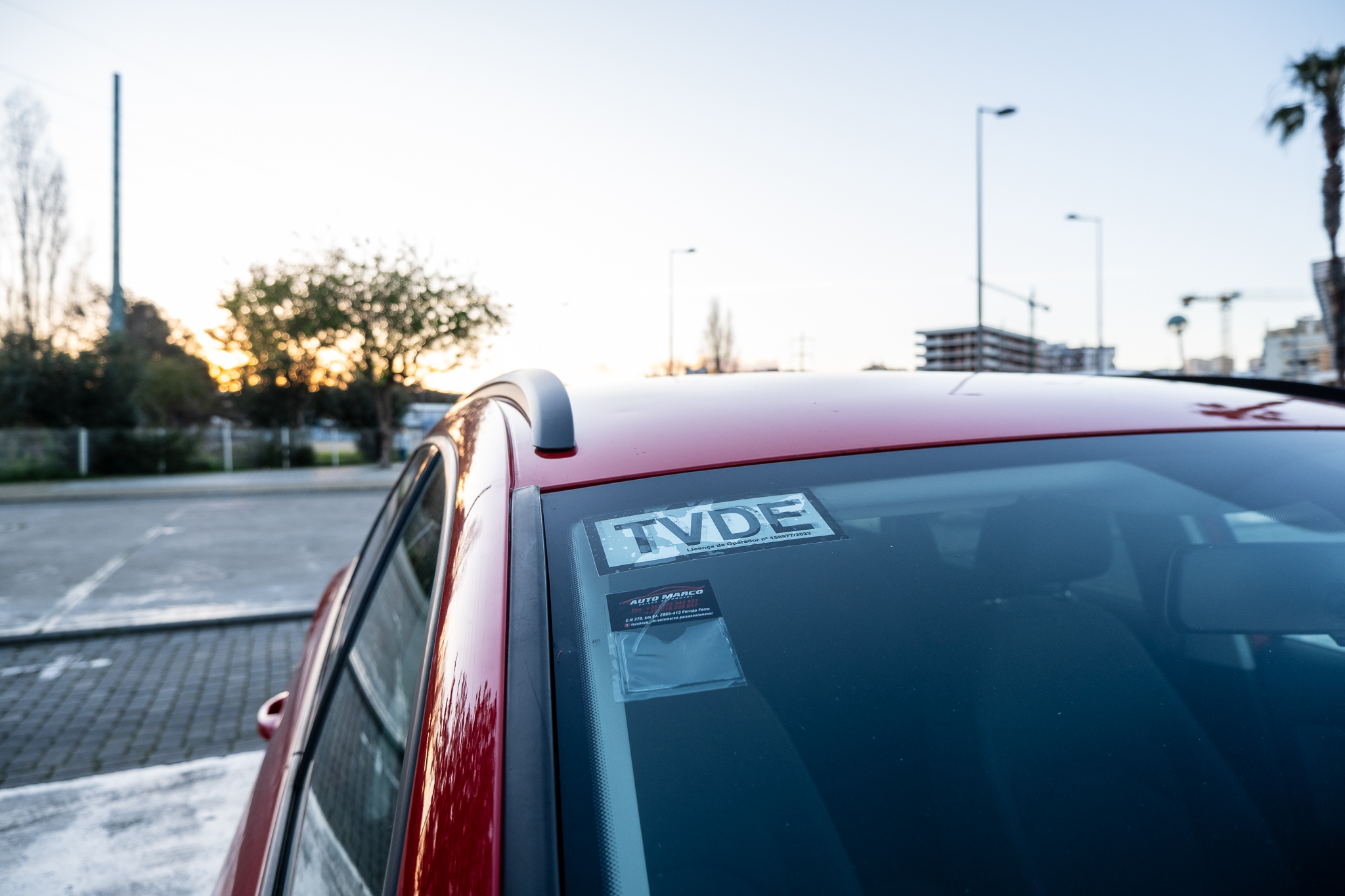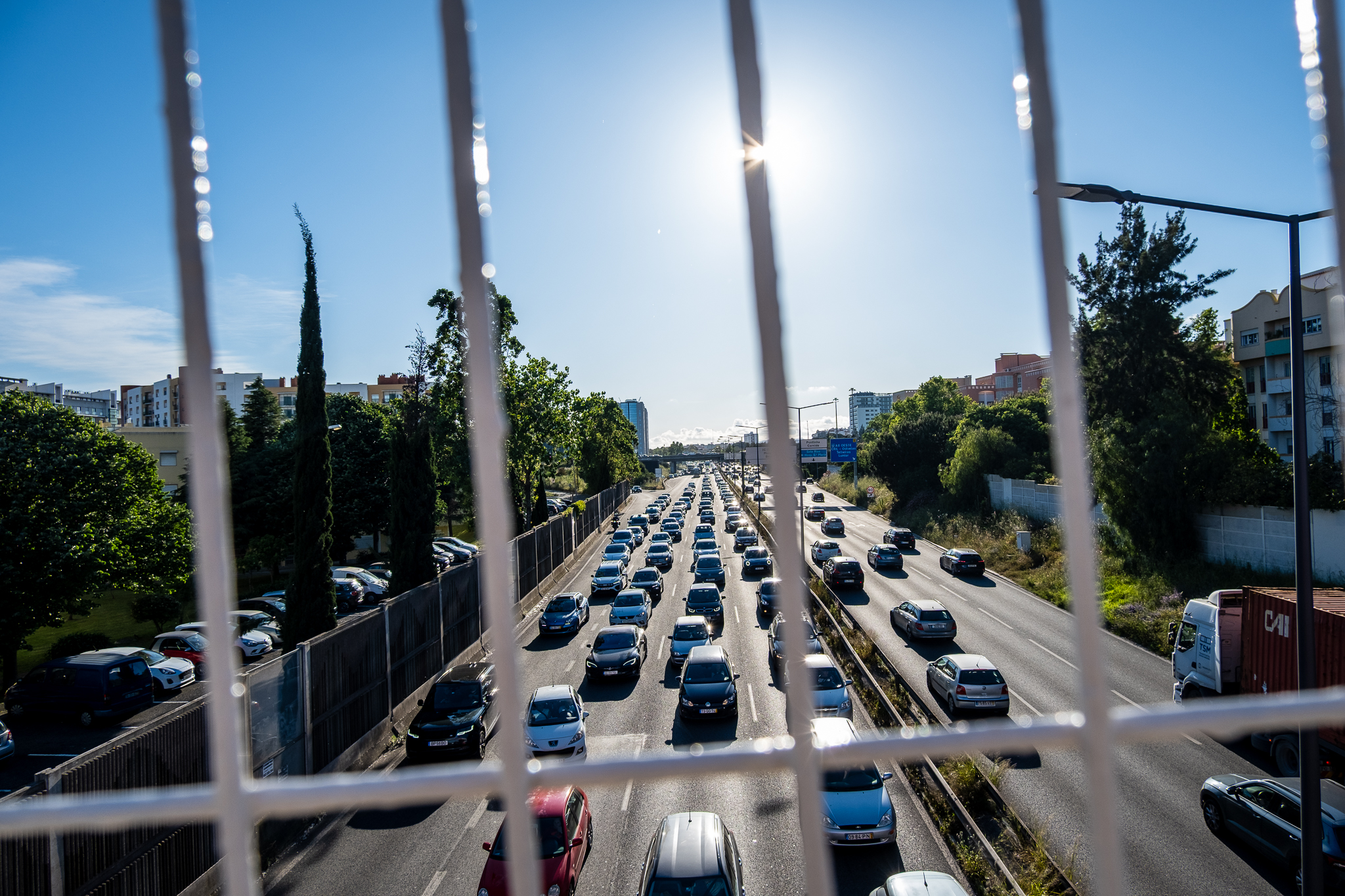The Left Bloc's (BE) proposal, which was approved unanimously, challenges Lisbon City Council to guarantee the accessibility of all the city's playgrounds, so that children with disabilities are not excluded from the right to play in these spaces.

There are still very few inclusive playgrounds in the city of Lisbon that allow children with disabilities to use them. This results in clear discrimination: children with disabilities are deprived of the right to play in these places, relegating them to watching their friends having fun.
Lisbon City Council has been adapting some playgrounds around the city to make them suitable for children with disabilities and has also been concerned with inclusion in the construction of new facilities, but the Left Bloc (BE) believes that we need to go further and even carry out an assessment of all the playgrounds in Lisbon so that accessibility conditions can be identified. At the same time, it calls for a plan to be created for the requalification of the necessary parks, allowing the space and equipment to be adapted so that they can be used by children with disabilities.
At the public town hall meeting on Wednesday, January 31, the BE presented a proposal for the municipality to carry out this work of evaluating and adapting the playgrounds, This proposal was unanimously approved - In other words, it was well received by all the political forces in the city council (PSD/CDS, PS, Livre, PCP and Cidadãos Por Lisboa).
"Municipalities have a decisive role to play here and must be promoters of inclusion and not agents that foster exclusion: guaranteeing accessible playgrounds is a fundamental step on the long road to inclusion that needs to be taken", can be read in the text signed by BE councillor Beatriz Gomes Dias. "We need to face this reality head-on and take the urgent step of ensuring the inclusion of children with disabilities from an early age. And we don't include them by excluding them from recreational and playful contexts, such as playgrounds."
Specifically, the BE's proposal asks the Lisbon City Council to:
- realize "an evaluation in conjunction with the Parish Councils of the conditions of the
playgrounds"It also analyzes not only the accessibility conditions around the parks but also inside them, including the equipment present; - proceed to "a timetable"also in conjunction with the Parish Councils, so that the "adapting playgrounds for children with disabilities";
- and even if it adapts to "the area around the playgrounds for people with disabilities, namely through reserved parking, lowered floors and suitable paving".
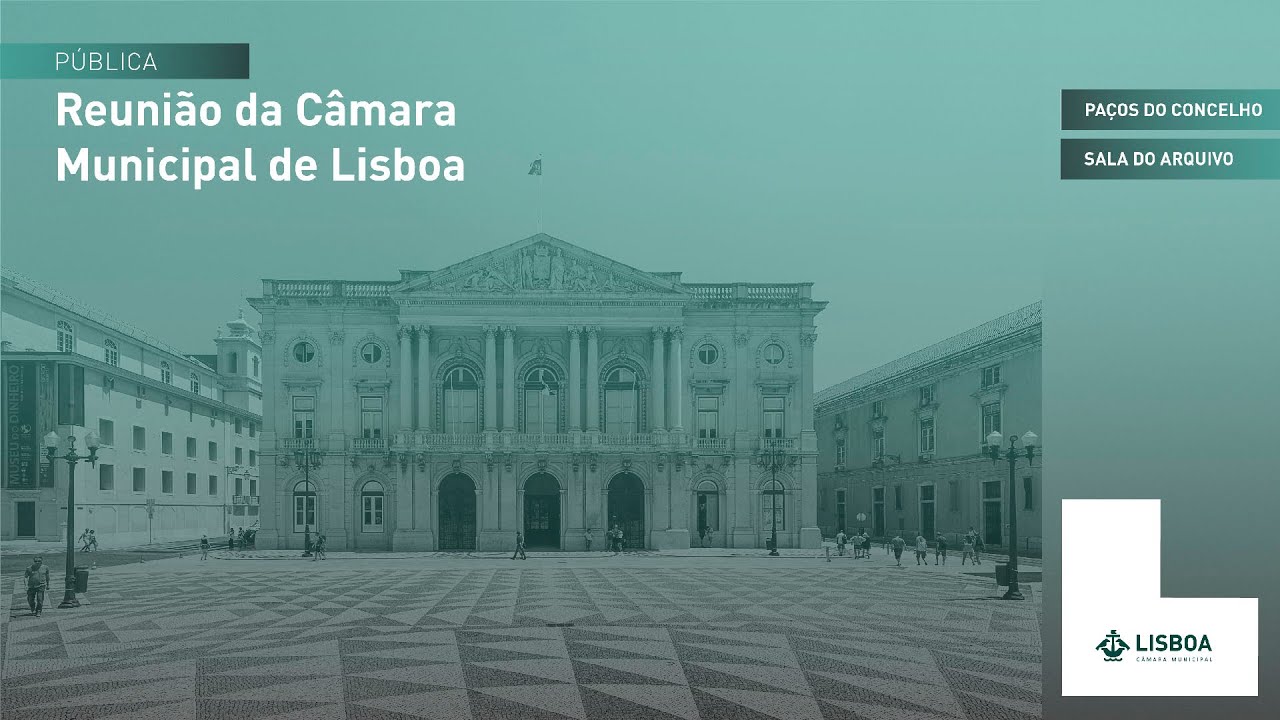
Parks in the hands of the councils
Ângelo Pereira (PSD), the councillor responsible for the city's Green Structure, explained that the council has "managed to sensitize the Parish Councils and guide them towards the need for inclusion" in children's playgrounds, particularly those in green spaces, either by adapting and replacing certain toys or by redesigning the spaces. This awareness-raising is done through the opinions that the Municipality has to give to the councils in the context of the Delegation of Powers Contracts - In other words, since the playgrounds are the responsibility of the councils, but many of these projects are financed by the City Council under delegation contracts, the latter has the power to approve or disapprove the designs before the work is carried out.
Councillor Ângelo Pereira gave three examples of inclusive playgrounds that are being created or will be created in the city: the one in Praça Natália Correia, in São Vicente, which resulted from a Participatory Budget and the media controversy of the Santa Apolónia Fortone in Rua Fernando Maurício, in Marvila; and another in Praça Afonso do Paço, in Campo de Ourique. "It is already the practice of our services to give opinions on the Delegation of Competence Contracts for various parks, in order to make changes so that they are inclusive"said the mayor.

Councillor Ana Jara, from the PCP, lamented the fact that there is no municipal network of playgrounds in the city, which would allow for coherence when it comes to these infrastructures. "This network of playgrounds, which should exist, was dismantled with Lisbon's administrative reform, which handed over the management of playgrounds to parish councils"he said, adding that the result is "randomness and creativity" between parks, from parish to parish. "We're going to find inequalities all over the city"he said. "I'm thinking of the sidewalks. Some parks have pebbles, which make it difficult for children with reduced mobility to enjoy these spaces."
Jara also decided "to challenge the City Council to think more broadly" because "we are not satisfied with children playing in confined spaces in the city of Lisbon. We want them to be able to safely use green spaces, some streets. We would like it to be taken into consideration, especially by the City Council's Urban Planning department, to adapt more and more spaces to children's use". Not least because, as the Communist councillor pointed out, "there was a time when children in the city of Lisbon were allowed to play in the street, to be in the street, but this space has been reduced over the years with unfriendly urban planning".
An old theme
The subject of inclusive playgrounds is not new in municipal circles. When he was a member of the Municipal Assembly, Diogo Moura (CDS), the current councillor on Moedas' team, had brought up two proposals for the creation of a network of playgrounds adapted to any child, regardless of their motor condition. The first was unanimously approved in October 2018 and recommended that the House, "in close collaboration and coordination with the Parish Councils"to evaluate and study the "the possibility of adapting the city's playgrounds to children with disabilities, through the placement of suitable furniture and the remodeling, where necessary, of the respective access and sidewalk".
A second recommendation was presented in March 2020 in order to strengthen compliance with the former: "the CDS-PP Municipal Group proposes to the Lisbon Municipal Assembly that it recommend to the Lisbon City Council that, in conjunction with the Parish Councils, it draw up a plan for the implementation of inclusive playgrounds in the city, prioritizing the territorial scope of the municipality"read the text, which was also unanimously approved. Moura made it more concrete: he asked for an inclusive playground in each of the five areas of the city by December 2020, "the month in which the National Day of People with Disabilities and the International Day of People with Disabilities are marked, as a symbolic act and an effective contribution to Lisbon, an inclusive city for all". For the then centrist municipal deputy, it is a matter of "a necessary, fair and inclusive measure, allowing children, regardless of their physical and psychological condition, to share the same public recreational and play space".
The CDS' recommendations were never implemented by the municipality.







